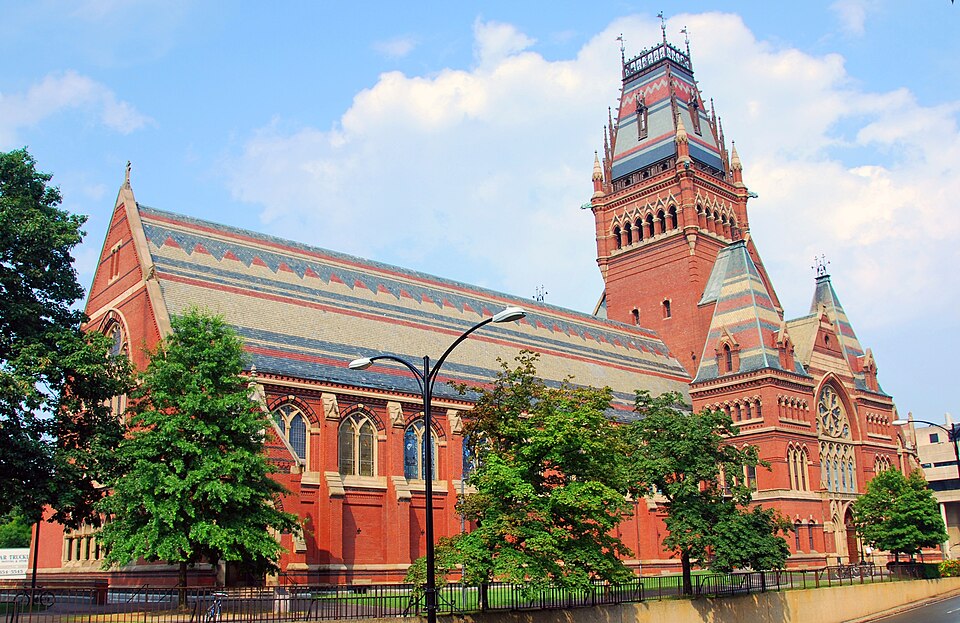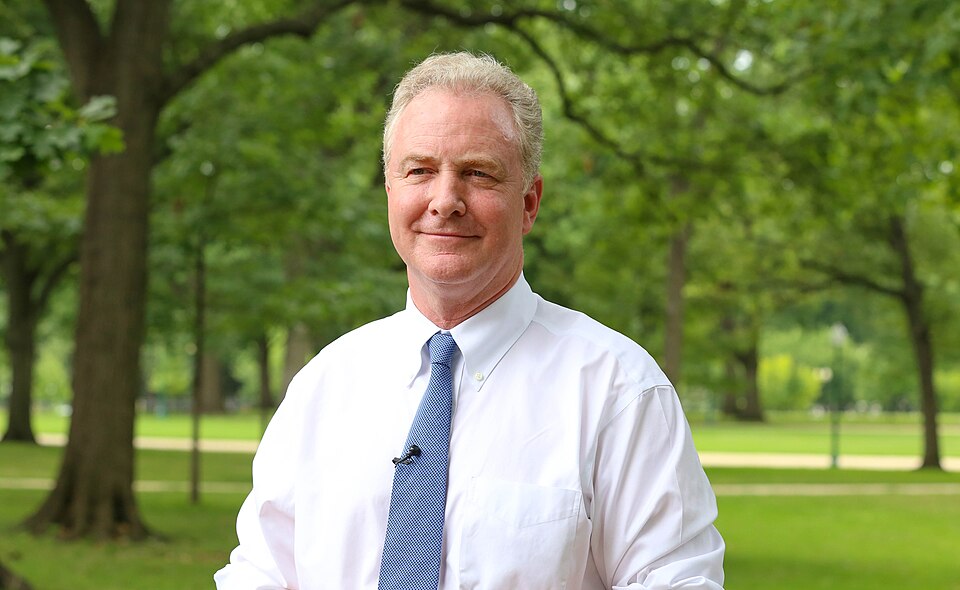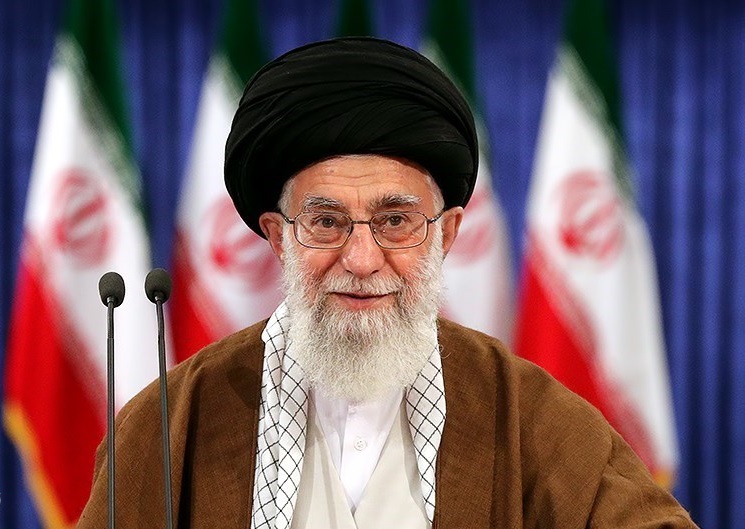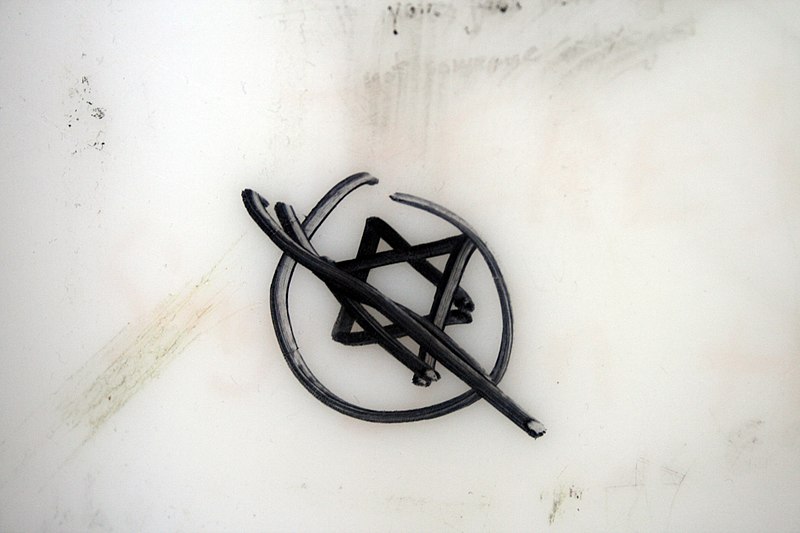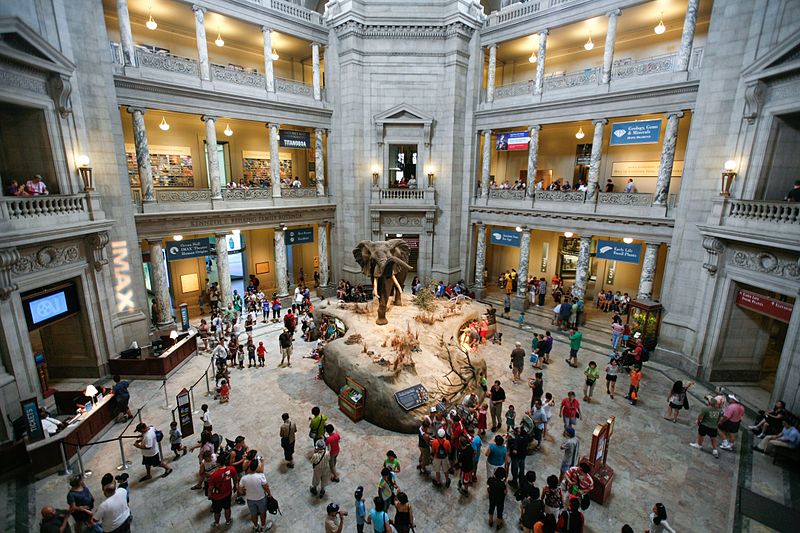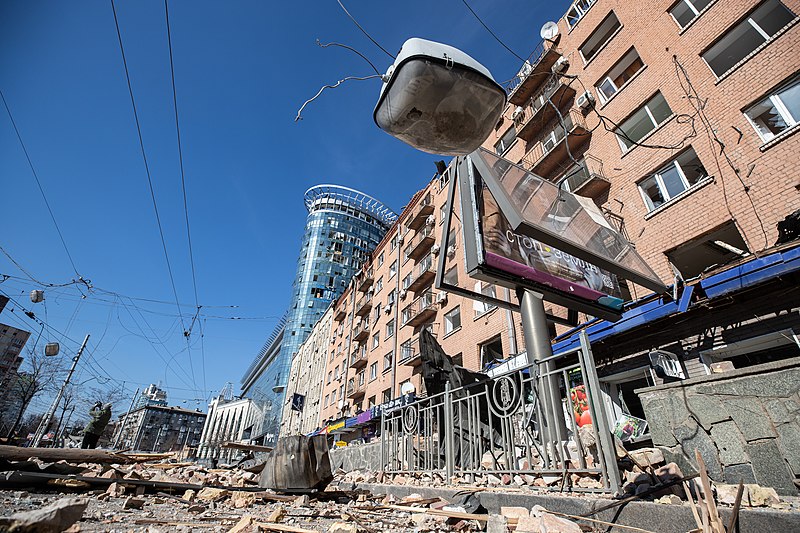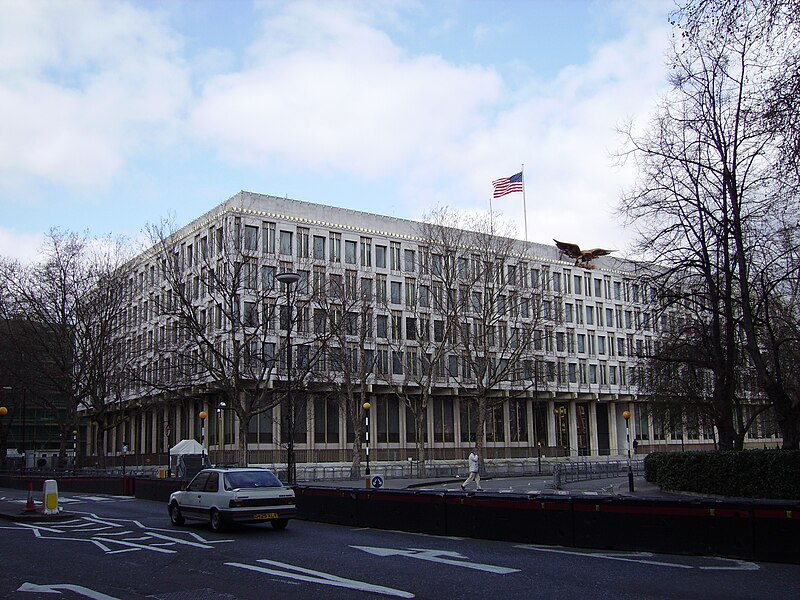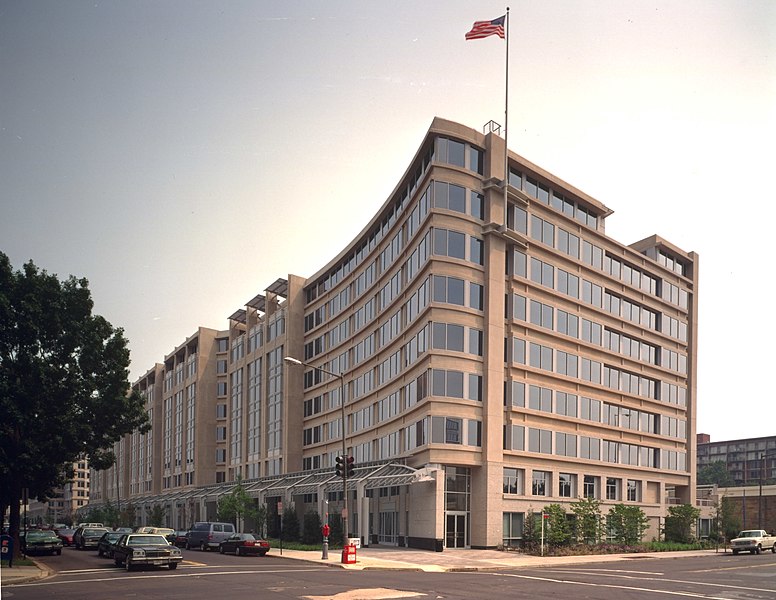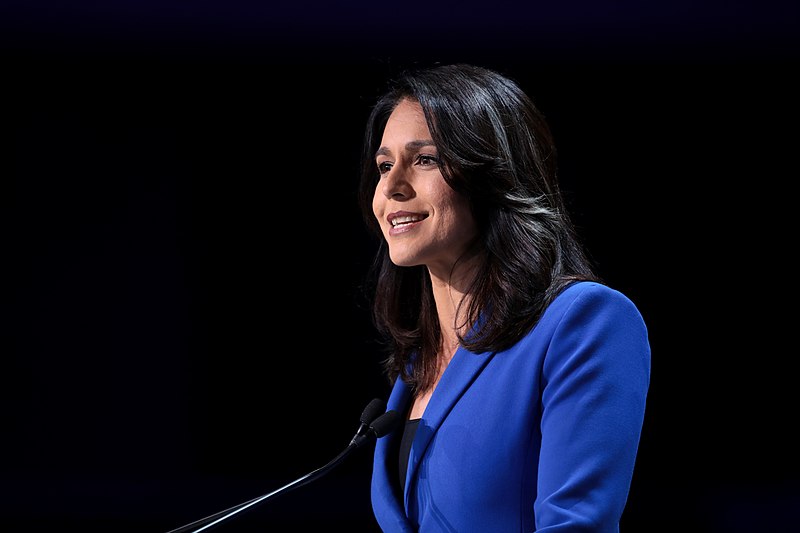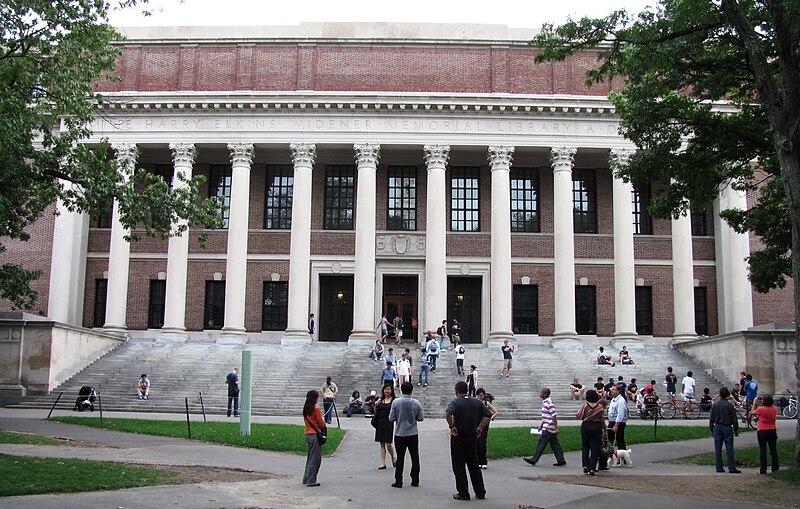
Harvard University has temporarily suspended library access for several faculty members who joined recent “study-in” protests, as pro-Palestinian demonstrations continue to unfold on
campuses across the U.S. Faculty and students involved in these protests have gathered in libraries, engaging in silent readings on free speech topics while displaying signs about dissent and university policies on their laptops or nearby.
According to The Harvard Crimson, around two dozen faculty members who participated in an October 16 “study-in” in support of previously suspended students have now received two-week suspensions from accessing certain library facilities. Despite the suspension, these faculty members retain borrowing privileges and access to other library locations; however, they are barred from entering Widener Library, Harvard’s main library.
Kerry Conley, Harvard Library’s communications director, declined to comment on specific cases, stating the library does not discuss individual access matters.
University administrators justified the suspensions by stating that the “study-in” participants used tent-card signs to draw attention, which allegedly violated the library’s policy. Similar actions have led to suspensions for over 60 Harvard Law School students involved in a pro-Palestinian study-in, according to the organization Harvard Out of Occupied Palestine. In response, more than 50 students, faculty, and staff joined another study-in last Thursday, expressing concerns over Harvard’s “complicity” in the conflict and its restrictive campus policies.
Thursday’s protest marked the fourth of its kind this semester, with participants reading quietly in library spaces. Many students displayed messages like “FREE PALESTINE” and “HARVARD DIVEST FROM DEATH” on their laptops. Dr. Karameh Kuemmerle, an assistant professor at Harvard Medical School, took part in the demonstration, describing it as a peaceful gathering for solidarity. She criticized Harvard’s response, stating, “Silence in the face of genocide in Palestine is deadly. Harvard chooses to silence us.”
University Librarian Martha Whitehead addressed the controversy, highlighting the library’s role as a place for individual study, not demonstrations. “An assembly of people displaying signs changes a reading room from a place for individual learning and reflection to a forum for public statements,” she noted, emphasizing that such activities could compromise the library’s educational environment. Photo by John Phelan, Wikimedia commons.

